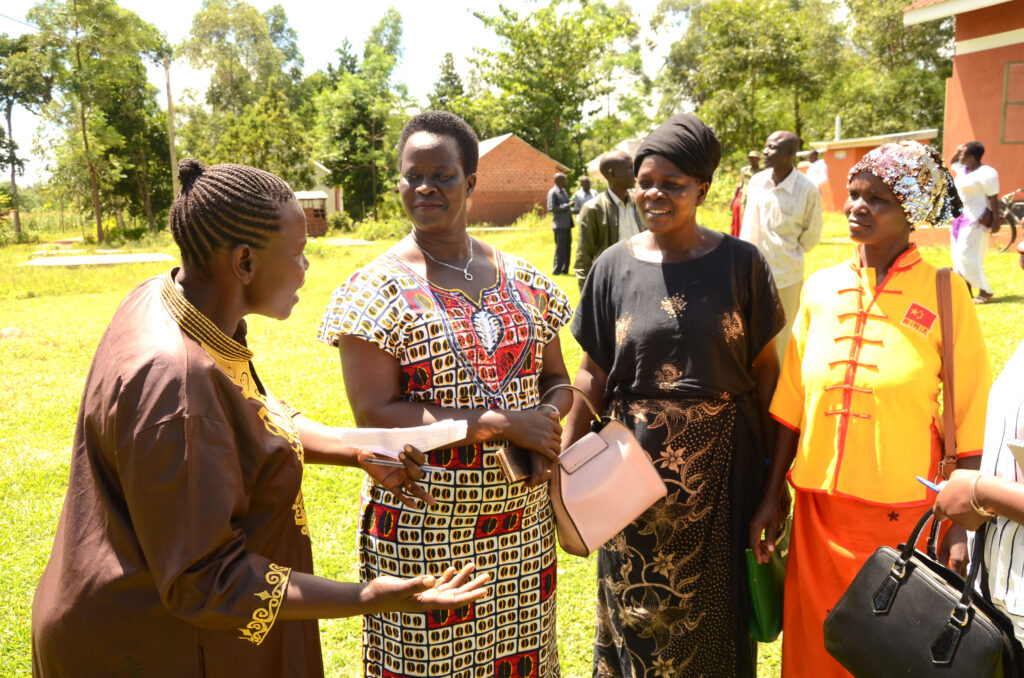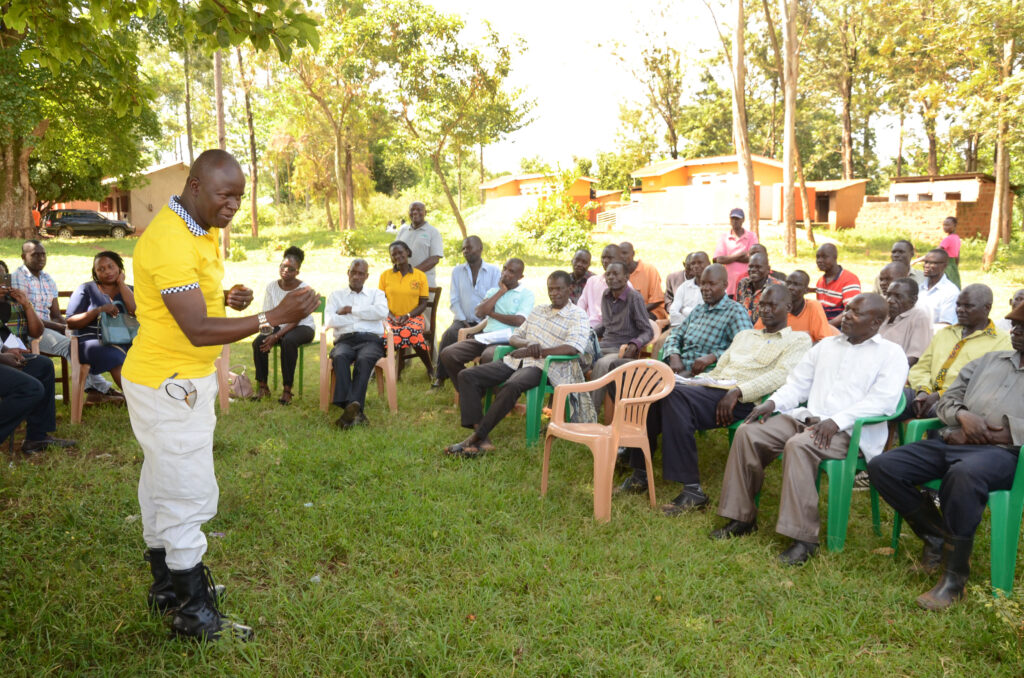By Lawrence Mulondo

The MPs who were in the company of officials from Oxfam Uganda, traversed different sub-counties of Busitema, Butebo, Buyanga, and Tiira among others, interacting with locals and their leaders on the issue.
The Members of Parliament that are part of the Parliamentary Alliance on Food and Nutrition Security, spent most of their time last week in Busia district, assessing the food security situation and the use of land.
According to district officials, 95% of the land in Busia has been earmarked for mineral exploration which has attracted several investors to flock to the area and thereby decreasing the amount of farming land.
Agriculture employs up to 90% of locals in the district.
During a meeting in Buyanga sub-county, the LCIII chairperson, Joseph Erima, expressed worry over the increased selling of land especially to Kenyans in the area by locals, with some remaining without land for farming.
“There is no land grabbing in our area. People are selling off land to attend to challenges like school fees,” he explained.
He said the land sold is mostly customary land and owners are often cheated as they do not have land titles to know its worth.
Locals indicated that an acre of land in Busia is sold between sh5m to sh10m depending on the locale.
Benard Wanyama, a resident of Buhubalo parish, called for stringent laws that can deter locals from selling off their land carelessly or else the country may face food insecurity in the near future.
“Most of the people who buy land in the area are concentrating on mining, not food production. Those who sell land in turn by smaller plots for settlement where they cannot grow food,” he noted.
In sub-counties like Busitema and Buteba, locals decried the ongoing pollution of water sources from mining activities, explaining that this is a threat to their lives and is causing losses as their animals often die from contamination.
The Busia chief administrative officer, Nasser Mukiibi, called on the Ministry of Lands to help locals have their land registered so that they can acquire land titles.
“There are reports of locals selling land to foreigners, however, there is a need for more investigations into the matter as some buyers especially those from Kenya may be having dual citizenship,” he said.
Mukiibi said it is difficult at times to identify who is a Ugandan and who is not in border districts as there are Samia in Busia on the Ugandan and Kenyan sides of the border.
MPs noted that the ongoing sale of land and fragmentation in different parts of the country is likely to lead the country to food insecurity in the future amidst the speedy population growth.
Hanifa Nabukera, the Woman MP for Mukono district, called for more sensitisation of locals on their land rights and various ways they can use their land to earn a living without selling it off.
Nabukera noted that it is illegal for a foreigner to come and buy freehold land in Uganda, adding that the seller is also considered a criminal for involving in the same.
“When a foreigner wants land in Uganda they are supposed to get a lease for a period of time not buying to own, so that land after that period either returns to the state or the initial owner,” she said.
The chairperson of the Alliance and the MP for Kigulu South, Milton Kalulu Muwuma, said the issue of food security should not be politicised as hunger can affect anyone regardless of their political affiliation.
Muwuma cautioned the locals on selling their farmland to marry more wives or purchase bodabodas, arguing that these cannot help accumulate wealth as land if used well.
Jimmy Ochom, the land rights coordinator at Oxfam Uganda, said there is a need for the country to support responsible investments, especially in mineral exploration to ensure that no human rights are violated
Ochom further called for more funding of sensitisation activities of locals on land rights matters to help them not fall victim to land grabbers.






